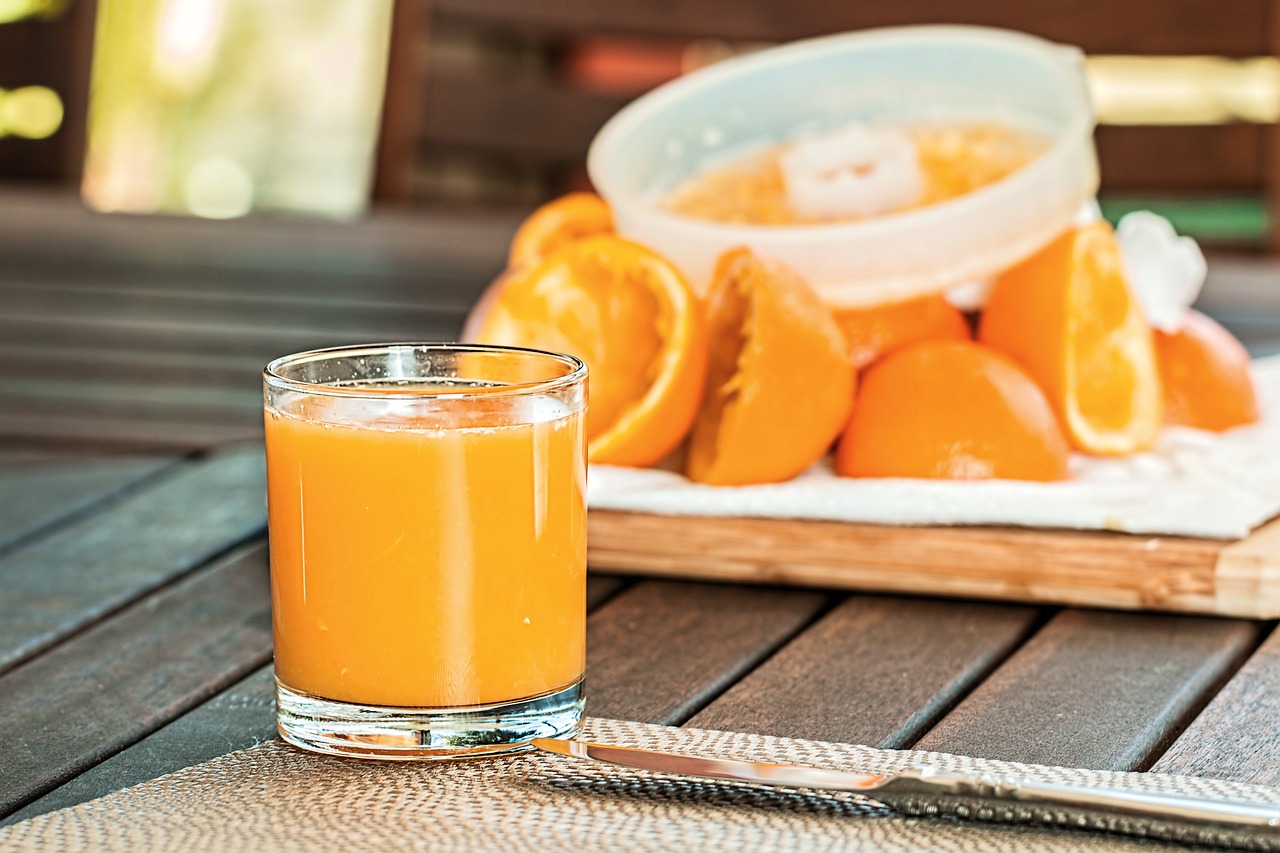
How food affects health is a hotly debated topic. Some people swear by juicing, while others say that it’s nothing more than a fad. So what’s the truth? In this article, we’ll take a closer look at the science behind fruit and vegetable juice, and how it can impact your health.
The benefits of juicing
When it comes to juicing, there are a lot of benefits that come along with it. As you probably know, fresh fruits and vegetables are packed with vitamins, minerals, and antioxidants. By juicing these items, you’re getting all of those nutrients in one convenient drink. Plus, juicing is a great way to get more fruits and vegetables into your diet if you’re not a big fan of eating them whole.
Another benefit of juicing is that it can help boost your immune system. That’s because freshly squeezed juice is packed with immune-boosting vitamins like vitamin C. If you tend to get sick often, drinking freshly squeezed juice on a regular basis can help give your immune system the boost it needs to fight off infection.
Juicing is also said to have detoxifying effects on the body. When you juice fruits and vegetables, you’re giving your body a cleanse by getting rid of toxins that can build up over time. This can lead to improved digestion and better overall health.
If you’re looking for a way to improve your health, adding some freshly squeezed fruit and vegetable juice to your diet is a great place to start!
The best fruits and vegetables for juicing
When it comes to juicing, not all fruits and vegetables are created equal. In fact, some are better than others when it comes to health benefits. Here are some of the best fruits and vegetables to juice for optimal health:
Carrots – Carrots are packed with beta-carotene, an antioxidant that helps boost immunity and protect against disease. They’re also a good source of fiber, which is important for digestive health.
Beets – Beets are rich in nitrates, which have been shown to lower blood pressure and improve athletic performance. They’re also a good source of folate, a nutrient important for pregnant women.
Spinach – Spinach is loaded with vitamins and minerals, including iron, calcium, and magnesium. It’s also a good source of fiber and antioxidants.
Celery – Celery is a good source of vitamins A, C, and K, as well as potassium and magnesium. It’s also low in calories and has a high water content, making it perfect for juicing.
Cucumbers – Cucumbers are 95% water, making them an excellent choice for juicing. They’re also
